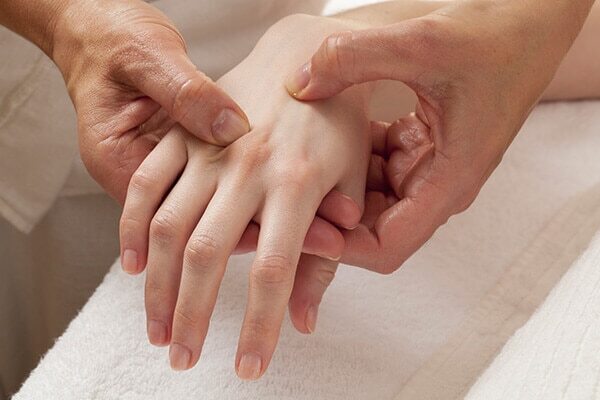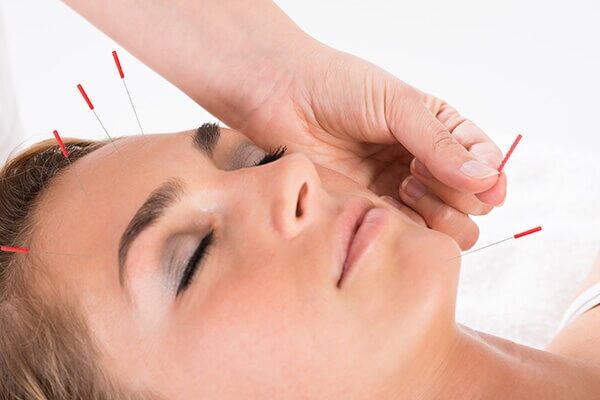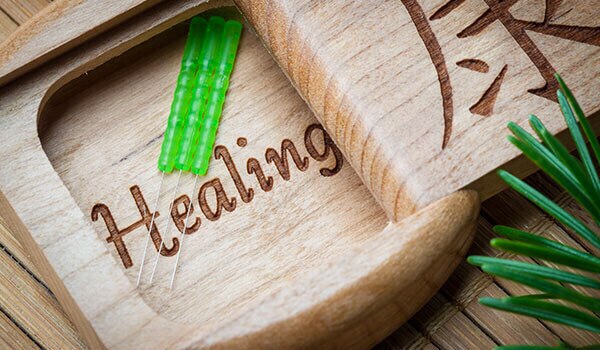We're all familiar with the terms acupressure and acupuncture with respect to their medicinal properties and benefits. Both of these are originated from Traditional Chinese Medicine (TCM). Many physicians recommend either of the techniques for various ailments as they help release muscular tension, improve blood circulation, reduce pain and improve overall health of your body. But what exactly is the difference between the two? Scroll down to find out...
01The basics

Our body has hundreds of 'acupoints' also called as the energy points (as they're located on the channels of energy). These energy channels are called 'meridians'. When these meridians are blocked, it causes pain, discomfort, health conditions etc. If external pressure is applied to these points, it can help open blocked channels, thus providing relief from various types of aches–back, next, head etc. In addition to that, acupressure and acupuncture also help in spiritual healing, reduce the appearance of wrinkles, reduce stress, trauma etc.
02Pressure VS Puncture

In acupressure, manual pressure (using mainly fingertips) is applied to the acupoints. Pressure can also be applied using elbows, knuckles etc. In acupuncture, this pressure is applied using extremely thin needles that are strategically placed on certain parts of your body. When it comes to efficiency and effectiveness between the two, the number of studies and trials performed on acupuncture are more as opposed to acupressure. This is the reason acupuncture is the preferred, as it provides a stronger stimulation with respect to your body's healing.
03When should I consider getting acupressure and acupuncture?
Both acupressure and acupuncture help with treating backaches, severe neck pain, headaches, arthritis, nausea, insomnia, period pain, migraine etc. In some cases, they also help with emotional disorders like anxiety, depression etc. Both of them are pain-free procedures, but will require you to go for regular seatings. It's important to consult with your doctor before opting for these treatments.








